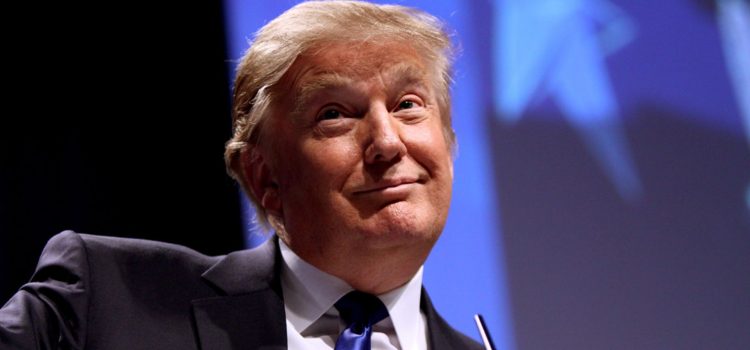What are the details of Donald Trump’s bankruptcy filings? How did he reestablish a positive public image after his financial decline? Donald Trump’s bankruptcy filings for his casinos followed a period of financial decline, overspending, and overpaying. To understand how Trump survived this and came back from it, you need to look at the events in more detail. Continue reading for details on Trump’s bankruptcy and how The Apprentice helped him revive his public image.
Donald Trump’s Bankruptcy & How The Apprentice Saved Him










